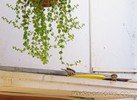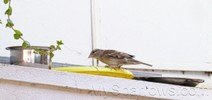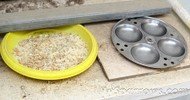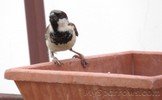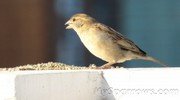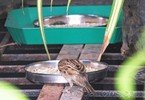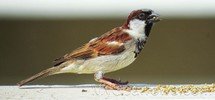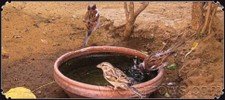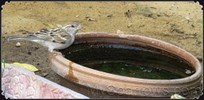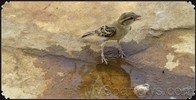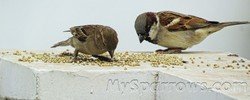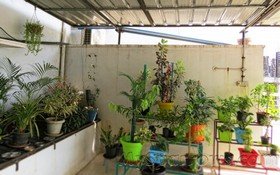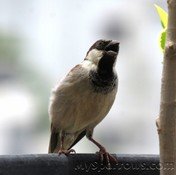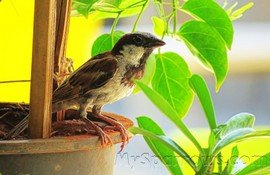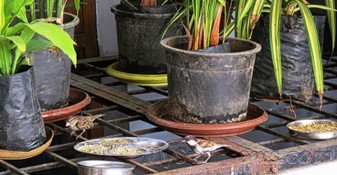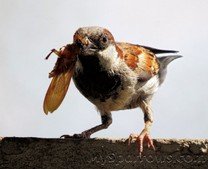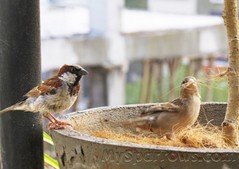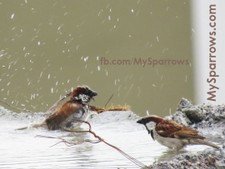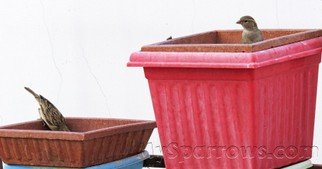Conservation
__________________________________________________________________________
Awareness
____________________
House sparrows are everywhere humans are. Despite being wild birds, house sparrows occur almost everywhere where people live, and are almost never found where people are absent.
With rising temperatures and a hot summer looming large, lack of water is the one thing due to which sparrows suffer a lot during summer. Keeping the food and water in open spaces will help them to survive and stay connected with you.
Help the sparrows to return by arranging food grains and water for sparrows in your balcony, roof top and in parks.
Plants & Trees
__________________________________________________________________________
Plants and Trees
____________________
Sparrows do not easily adapt to any place unless they feel safe and secure. Having few plants in balconies and in open spaces will attract sparrows, as they feel safe to access the place frequently in search of food and water.
We humans, have robbed them of their food and nesting places and pushing them to the edge of extinction. As the green spaces in our cities give way to more concrete
constructions in the name of urbanisation and development.
Sparrows
are indicators of environmental health and changes in the urban ecosystem.
Sparrow Life
__________________________________________________________________________
Sparrow Life
____________________
Sparrows breed four times a year. Placing artificial nests outside our homes can help them have a constant and safe place for breeding and to roost.
Sparrows, unlike other birds, don’t migrate. In event of not finding water, they don’t fly to another region, which results in dehydration and then death. Placing water bowls made of terracotta will keep the water clean and cool.
Birds need fresh, clean water for drinking and bathing. Most birds drink water every day. Sparrows enjoy bathing to clean their plumage and for safe guarding from dehydration. Providing water improves habitat for sparrows and other birds, and increases your chances of observing their fun behaviors.
Young house sparrows are fed mostly on insects until about 15 days after hatching. They also feed small quantities of seeds, spiders, and grit.





